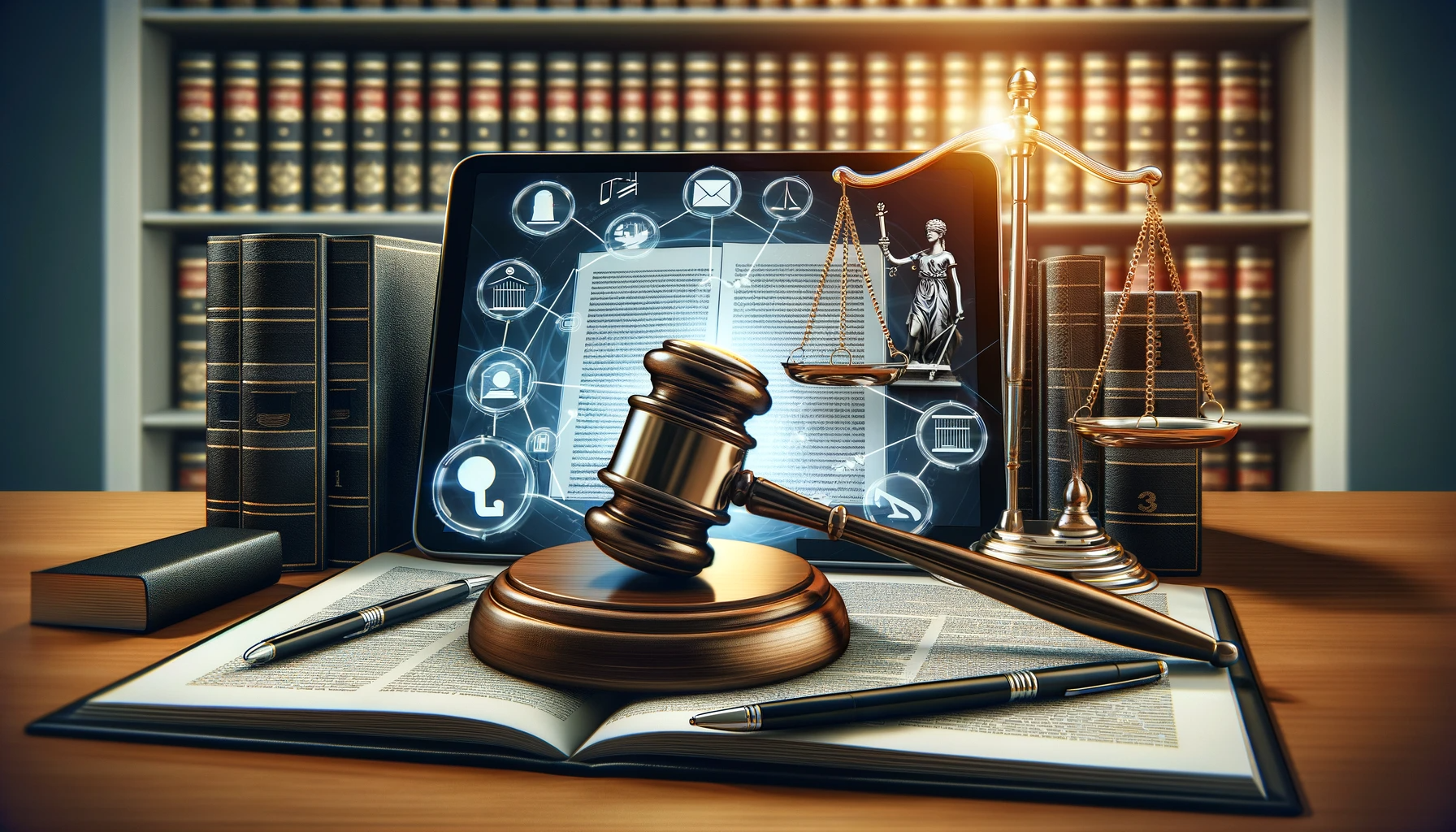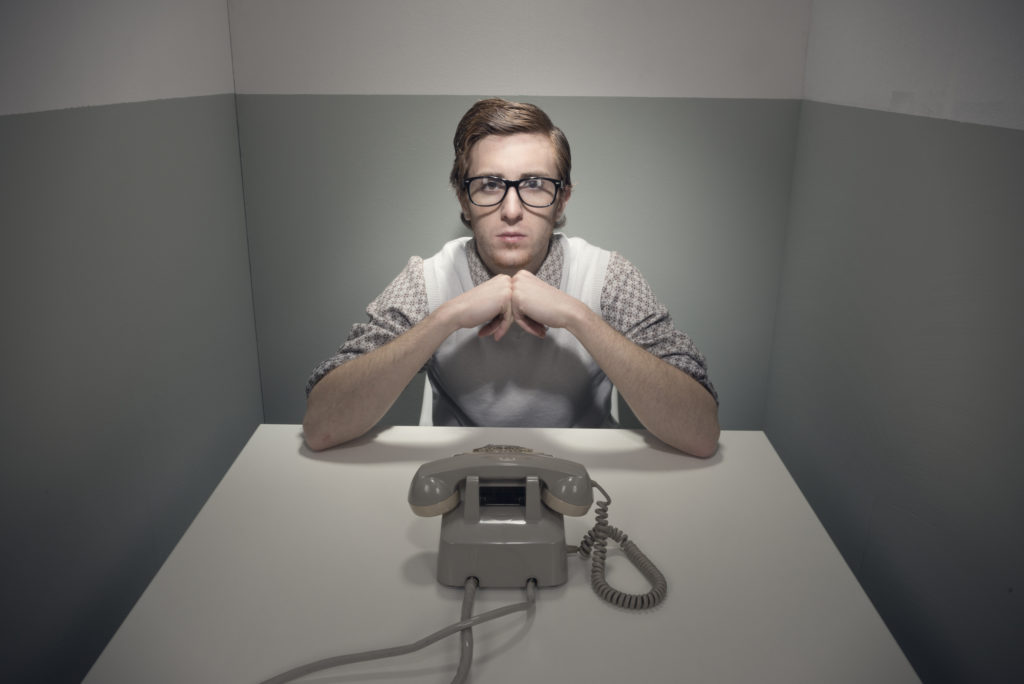Scarlet Johansson v. Disney: What’s at Stake?
Why is Johansson suing Disney? For allegedly interfering in her Black Widow contract with Marvel Studios, a Disney subsidiary. Johansson claims that Disney rushed to release Black Widow on its streaming service to grow the Disney+ subscriber base and to devalue her interest in the film’s profits.

What does her Black Widow contract say about how Marvel will release the film?
In the Complaint, Johansson’s lawyers cite only one provision from her Marvel contract:
Lender shall furnish Producer the services of Artist to perform the role of ‘Black Widow’ / ‘Natasha Romanova’ in the theatrical motion picture currently entitled ‘Black Widow’ (‘Picture’). For the avoidance of doubt, if Producer in its sole discretion determines to release the Picture, then such release shall be a wide theatrical release of the Picture (i.e., no less than 1,500 screens).
What does that provision mean?
The second sentence is the one at stake.
In contract negotiations, when lawyers for one party try to include “for the avoidance of doubt,” it’s usually to signal a potential conflict between the language that follows and the sentence or provision that came before. Here, though, the previous sentence is about Johannson’s role, not about Marvel.
The “if” phrase signals a condition, and “sole discretion” means that only Marvel can decide whether to release Black Widow.
The final phrase conveys the consequence of that condition: If Marvel does decide to release Black Widow, the release must be a “wide theatrical release” (the bolding and underlining comes from Johansson’s lawyers, not from the contract). Here, “wide” is defined as a release on no fewer than 1,500 screens.
Johannson’s lawyers have not shared the rest of the agreement, however. For example, we don’t know if other provisions discuss the release or whether her contract had a force majeure clause. Depending on how such a clause is worded and on what law governs the agreement, Marvel could try to get out of the deal by invoking Covid-19. A comment from a Disney spokesperson about how the suit shows “callous disregard for the horrific and prolonged global effects of the Covid-19 pandemic” suggests that force majeure is likely to come up in settlement talks or at trial.
What else do her lawyers say about the release of Black Widow?
Although the contract itself defines “wide” in terms of the number of screens, Johansson’s lawyers contend that how long Black Widow played just in theaters matters, too. For that point, they cite no contracts or other documents. Instead, they cite industry practice and Marvel’s own past performance, alleging that a theatrical release typically lasts three or four months.
The lawyers also cite emails from Marvel’s general counsel confirming that (1) the wide theatrical release of Black Widow was a key term in the agreement and (2) the release would be handled “like our other pictures.” By citing emails in the Complaint, Johannson’s lawyers suggest that the contract might not clarify the details of the release as well as they would like. Lawyers typically cannot use emails or conversations to explain what contract terms mean, so Johannson would have to jump over hurdles before any of this could be admitted as evidence.
What do her lawyers cite as proof that Disney interfered with her agreement with Marvel?
Her lawyers acknowledge that the release was delayed several times because of Covid-19.
They cite industry publications to show that the head of Marvel was opposed to a hybrid release (both theatrical and streaming) but could be convinced by Disney’s “powers that be” to change his mind.
They also cite a May 2021 comment from Disney’s CEO conceding that the theatrical market was still weak.
Finally, they cite profit motives in suggesting that Disney purposely sabotaged Black Widow’s theatrical release.

 By
By


